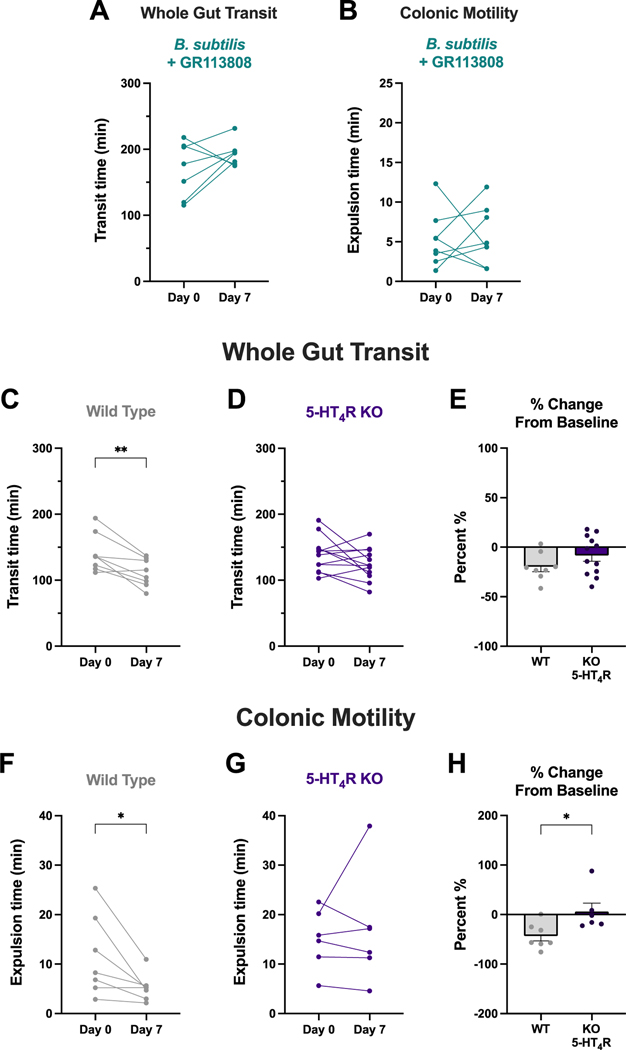Figure 6. The prokinetic actions of B. subtilis involve the 5-HT4 receptor.
The 5-HT4 receptor (5-HT4R) was targeted both pharmacologically and genetically to determine whether this receptor plays a role in B. subtilis-induced prokinetic effects on colonic motility. (A-B) Mice that were co-treated with B. subtilis and GR113808, a 5-HT4R antagonist, exhibited no changes in whole gut transit time (n=7) or colonic motility (n=8) following a week of treatment. (C-E) Following a week of B. subtilis treatment, wild type (WT) littermate control mice displayed significantly faster whole gut transit times (n=8), whereas there was no change in whole gut transit in 5-HT4R KO mice (n=12). The two groups were not significantly different in percent change from baseline. (F-H) Wild type littermate controls exhibited significantly faster colonic motility times after a week of B. subtilis treatment (n=7), whereas there were no changes in colonic motility in 5-HT4R KO mice (n=6). Furthermore, there was a significant difference in percent change from baseline between wild type and KO mice. Data are shown as individual animals (A,B,C,D,F,G), paired Student’s t-test, or mean ± SEM (E,H), unpaired Student’s t-test. * p < 0.05, ** p < 0.01.

